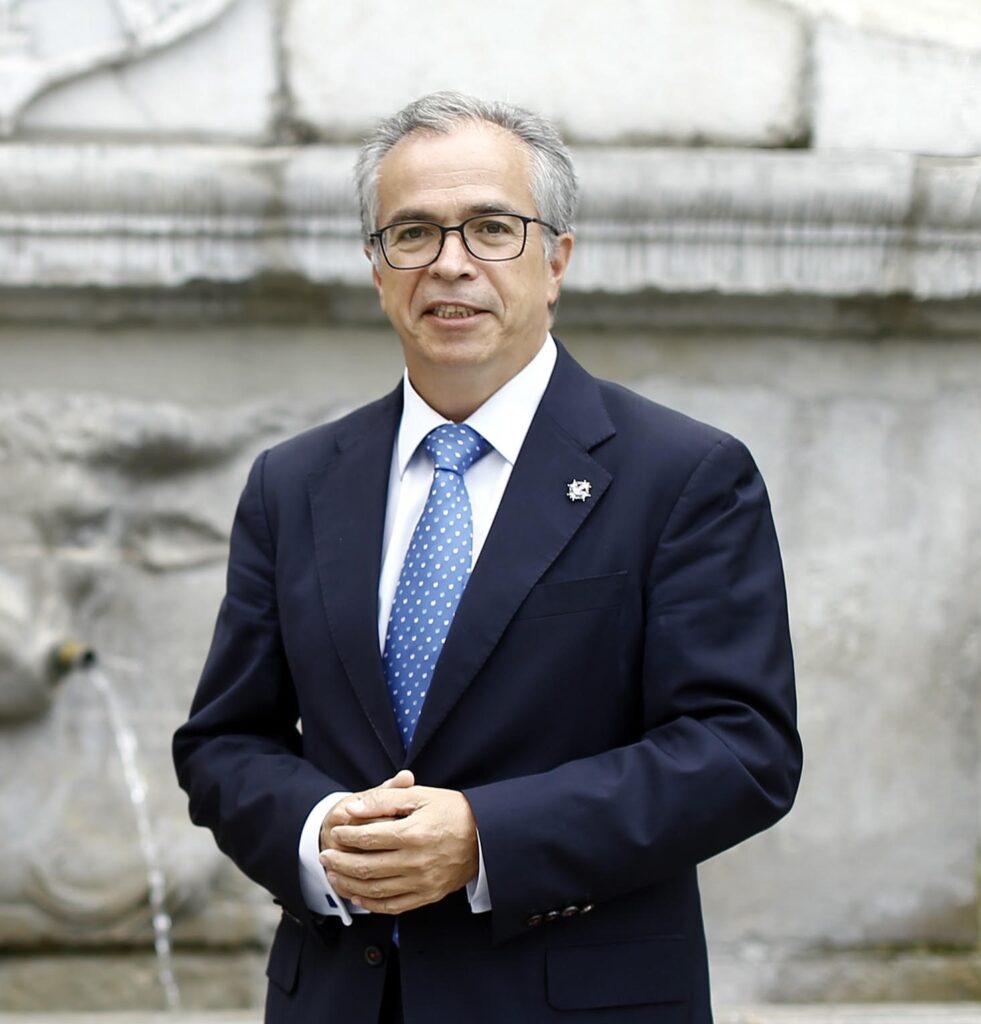‘This is a unique opportunity for companies in Granada and it should be conceived as a vital lifeline for the future of our economy’

Javier López y García de la Serrana, Director-General of HispaColex
Javier López y García de la Serrana founded HispaColex as another way of understanding the legal profession, based on preventive counselling, and providing agile and specialised services. Javier López has worked in the business sector for 30 years, endorsing him as a strategic counsellor in Granada. Javier López is an attorney with exceptional credentials. He is PhD Summa cum laude in Commercial Law at the University of Granada and has impeccable research credentials, with 313 publications including monographs, book chapters and scholarly articles. Javier López has also supervised several doctoral theses and has participated in over 100 conferences and seminars. He currently holds accreditation for Profesor Contratado Doctor (permanent Lecturer) by the Spanish National Agency for Quality Assessment and Accreditation and is codirector and Professor of the university-specific master’s degree in Civil Responsibility at the University of Granada. Javier López, who recently received unanimously the Medalla al Mérito en el Servicio de la Abogacía award, is also in possession of other awards, such as the Medalla de la Facultad de Derecho de Granada (award by the Faculty of Law in Granada) and the Cruz de San Raimundo Peñafort, awarded by the Spanish Ministry of Justice in 2011. In 2015 Javier López was appointed Honorary Member of the Ilustre Colegio de Abogados de Granada (Bar Association in Granada). HispaColex was awarded a contract to provide legal assistance to CIEMAT for the implementation of IFMIF-DONES.
– HispaColex was awarded a contract to assess and support CIEMAT in the implementation of the DONES-PreP project. What are the activities being carried out?
Our collaboration proposal was presented at Centro de Investigaciones Energéticas, Medioambientales y Tecnológicas (CIEMAT) along with those of other Spanish law firms, many of which are of enormous prestige. The contract was awarded to us on March 25 and it was a source of great joy: it is an acknowledgement of que level and quality of our legal services and, as a law firm based in Granada, we will participate providing counselling and support to CIEMAT in the most important entrepreneurial project in the history of our province.
Until today, we have attended several meetings at CIEMAT, and we have presented a full report of the different suitable legal forms for the management of the project, such as the Consortium, the European Company, etc. We have analysed thoroughly the administrative and commercial regulations for each legal possibility, and, in all cases, we have examined the administrative, tax, and labour aspects of the legal forms proposed.
We still have a long way to go, in which we will cooperate with other studies, such as in the evaluation of technical and regulatory local support, in labour, administrative and tax matters, in the study of intracommunity transactions in tax matters, and, especially, in the legal assistance regarding recruitment of staff depending on the final legal entity or business form: recruitment of senior staff, regulations and scheme for expatriate workers, agreements/international conventions on social security, applicable collective labour agreement, and remuneration policy.
– What are the strengths of HispaColex as a law firm that have helped to obtain this contract?
Our experience and coherence. After 30 years at the service of the business sector, our experience is widely recognised. Our way of working is based on three pillars: team, speed, and transparency. Legislation is complex and under constant change. To provide satisfactory legal services, it is necessary to consult attorneys specialised in different areas -civil, commercial, labour, tax, administrative, etc. For this reason, it is key that our attorneys and economists work as a team. Our clients do not want partial responses, but global solutions that only a professional team working jointly managed can offer. Our joint efforts speed up the solutions for our clients who are constantly informed, in real time. It is difficult to provide greater transparency.
Our team is our greatest strength. Emerging sectors in the economy drove us to specialise in new fields of the legal profession that have become particularly relevant, such as regulations applicable to ICT and biotechnological companies, R&D, international commerce, company transactions in any language, or environmental law. We have always been and currently are well prepared.
– The fact that the contract was awarded to a law firm from Granada is important, not only for HispaColex, but also for the business sector in Granada. It conveys the idea that DONES-PreP and IFMIF-DONES are projects ‘open’ to other companies of the province…
They are. The fact that a law firm from Granada won this contract demystifies the saying ‘no man is a prophet in his own land’. This is a unique opportunity for companies in Granada and it should be conceived as a vital lifeline for the future of our economy given the current situation caused by the pandemic, with terrible unemployment rates and many companies struggling to survive in our province.
The millionaire financial investment from Europe and CIEMAT to the project could not have come at a better time.
– What opportunities do you believe the particle accelerator and related projects will bring to companies from Granada and Andalucía?
All the parties involved, among which are partners such as HispaColex, University of Granada, leading the project along with CIEMAT, OnGranada, and other private and public institutions, have the unique opportunity to do things right from the beginning.
Let’s not forget that we are at an initial stage, DONES Preparatory Phase. The great achievement will be to bring the global IFMIF-DONES project to Granada. IFMIF-DONES (International Fusion Materials Irradiation Facility-Demo Oriented NEutron Source) has the aim to test the materials capable of withstanding the extreme conditions to which the components of the first wall of the future DEMO fusion reactor will be exposed. The IFMIF-DONES Project that will be implemented in Escúzar is a previous step to the future nuclear energy reactor.
The Consortium that will coordinate the activities of the Spanish candidacy to host this facility within the premises of Parque Metropolitano in Escúzar was recently created between the Ministry of Science and Innovation and the Regional Government of Andalucía. Doing so, Spain strengthens its candidacy to bring this project to Granada, a process which has been running for years. Spain and Croatia share the EU’s support through the European Fusion Program, with Japan being the competitor.
Andalucía and particularly Granada, thanks to its excellent University, have proven to be at the leading edge of technology. Therefore, we have the necessary means for the implementation of a future particle accelerator in Granada.
– Do you think that IFMIF-DONES will be the project to transform Granada? Will it contribute to the industrialisation of our economy?
It is beyond dispute. The figures included in the candidacy related to the impact in the economy and employment during the construction phase of the facility estimated a GDP increase (direct and indirect) of €221 million. Rates regarding direct and indirect employment pointed at 2088 people recruited per year. This sums a total of €400 million after its implementation. However, it will not be until the operation phase when we will be able to witness the real impact of the project at the local level, especially because 70 % of the hiring of maintenance and service companies will be done at the local level.
– Based on its experience, HispaColex knows in depth the business sector in Granada. Do you think that our companies are ready to face and participate in large projects as IFMIF-DONES?
We know many technological spin-offs that have relied on our legal advice and are managed by directives trained at the University of Granada, and that are now considered essential for their innovative input to large-scale projects. As an example, Seven Solutions has demonstrated its value in the development of technology for large scientific infrastructures, such as the accelerator in Japan, which is part of the global project to which IFMIF-DONES belongs, or CERN. From the beginning it has been a valuable support for Granada’s candidacy. In this line, Granada also has other innovative companies in the energy and industrial sectors with a global scope. Granada also has top-quality companies in the services, tourism, and transport sectors that will become part of this enormous project.

